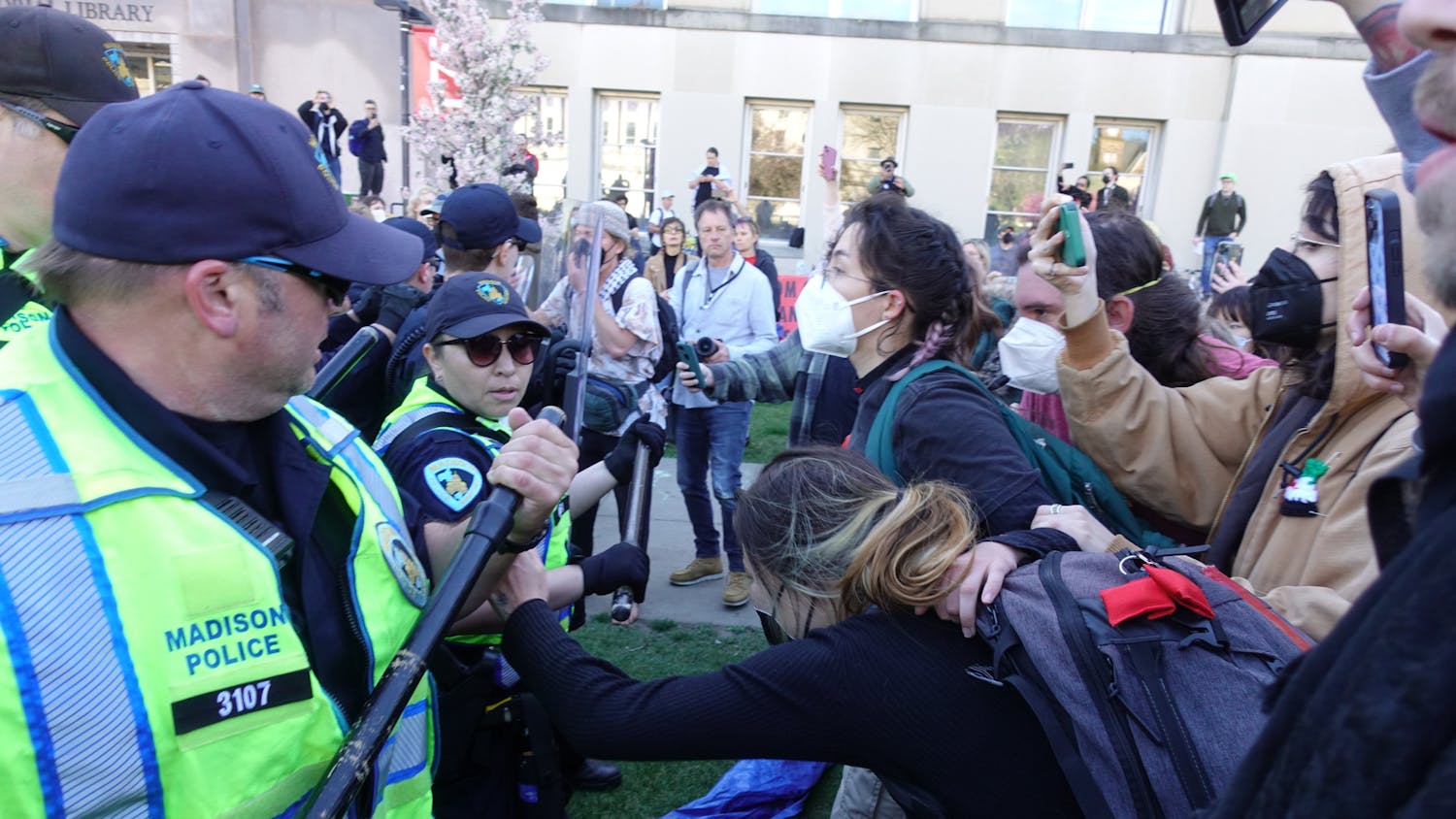People for the Ethical Treatment of Animals sent a letter to the University of Wisconsin Board of Regents Tuesday urging the board to end a UW-Madison animal research project, presenting new allegations the university practiced animal cruelty in the experiments that began in 2008.
PETA’s accusation states UW-Madison harmed cats in research to improve cochlear implants, which improve hearing. PETA’s letter to the Board states nine cats faced “cruel and wasteful treatment,” including having metal posts drilled into their skulls and not receiving adequate treatment for infections.
PETA made similar allegations in September 2012 about a cat named Double Trouble. The United States Department of Agriculture opened an investigation into the research and found no violations.
PETA also sent complaints about the additional cats to the USDA and the National Institutes of Health, both of whom opened new investigations, according to a statement released by the group.
The Board received PETA’s letter and opened its own investigation into the allegations and found the claims to be unsubstantiated, according to Student Regent Katherine Pointer.
“We had an outside group of individuals and animal researchers and veterinarians do an investigation and they found [the allegations were] unsubstantiated,” Pointer said. “So unless new information is revealed or something else happens, the Board isn’t going to take any more action.”
Pointer also said the researcher involved with the experiments was “mortified” by the allegations, also saying they are unsubstantiated.
PETA spokesperson Jeremy Beckham said the group hopes the new investigation by the USDA will bring an end to the “sloppy and cruel experiments” at UW-Madison.
“We hope the USDA has the will to take action,” Beckham said. “They certainly have the evidence at their hands to give them the ability to do it.”
Additionally, Beckham said even if the new investigations find no violations, PETA hopes the Board of Regents will intervene and stop the experiments.
“Even if [the NIH and USDA] fail to act, we think the University of Wisconsin system has an obligation to act here because this experiment is tarnishing the university’s reputation,” Beckham said.
The USDA Office of the Inspector General declined to confirm or deny if the department is conducting an investigation.






